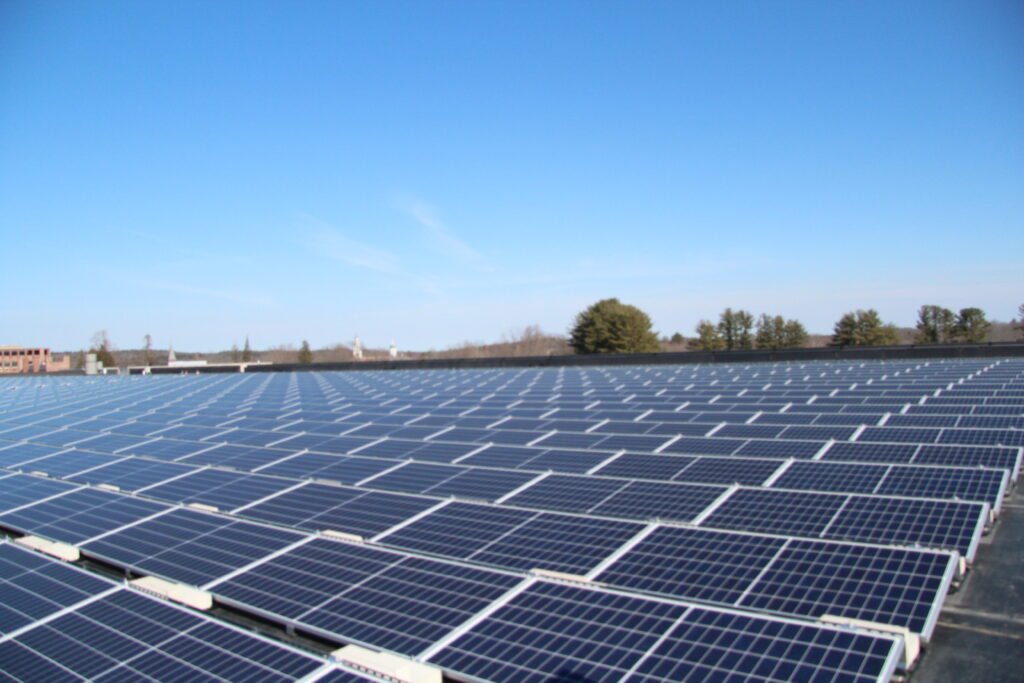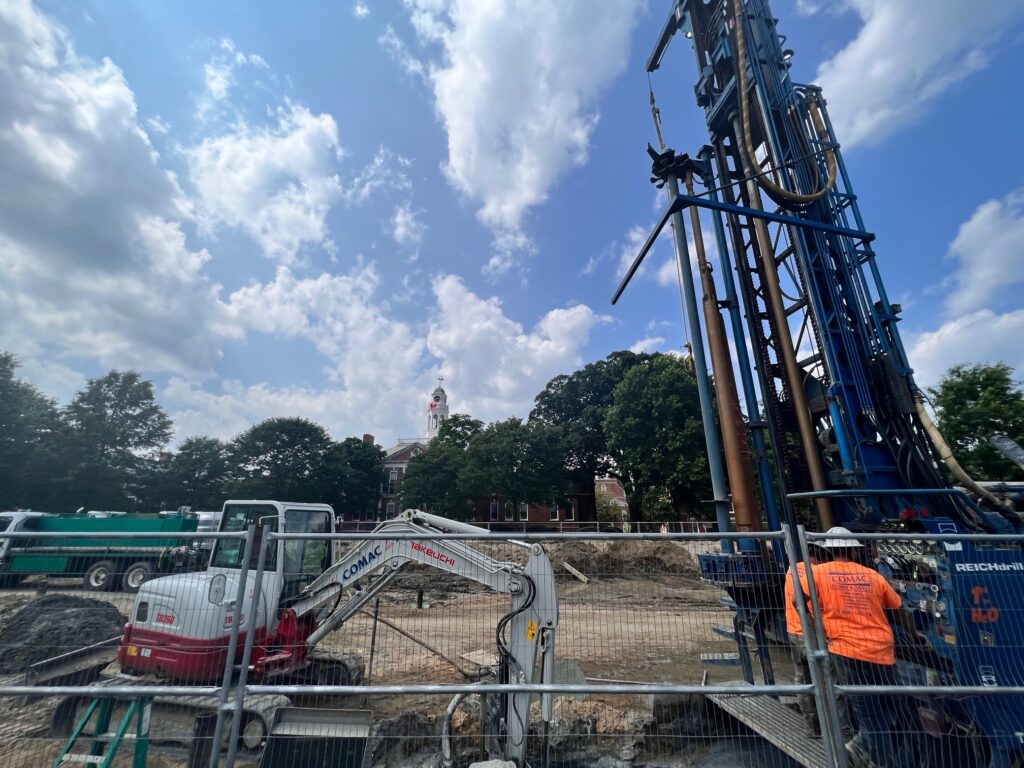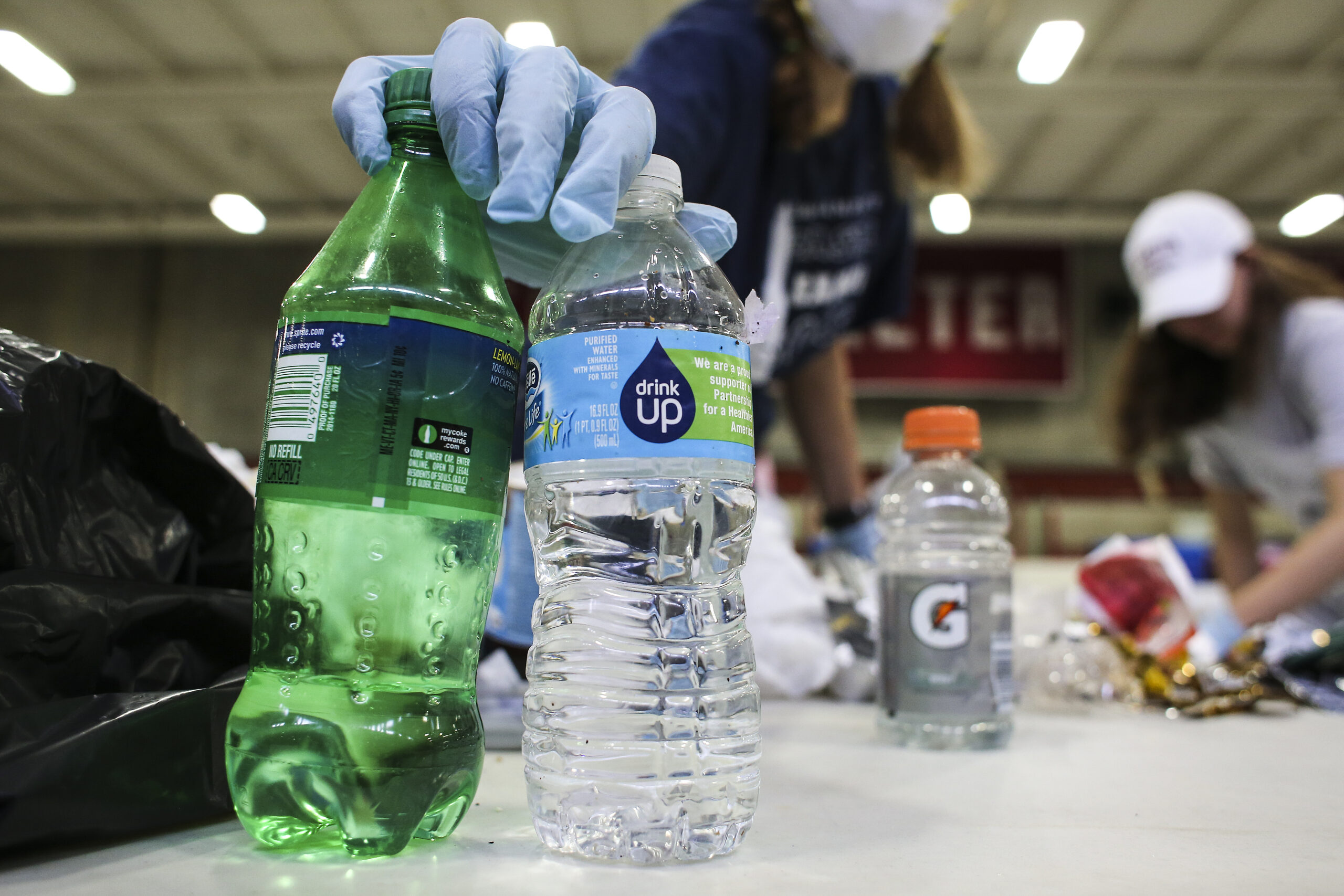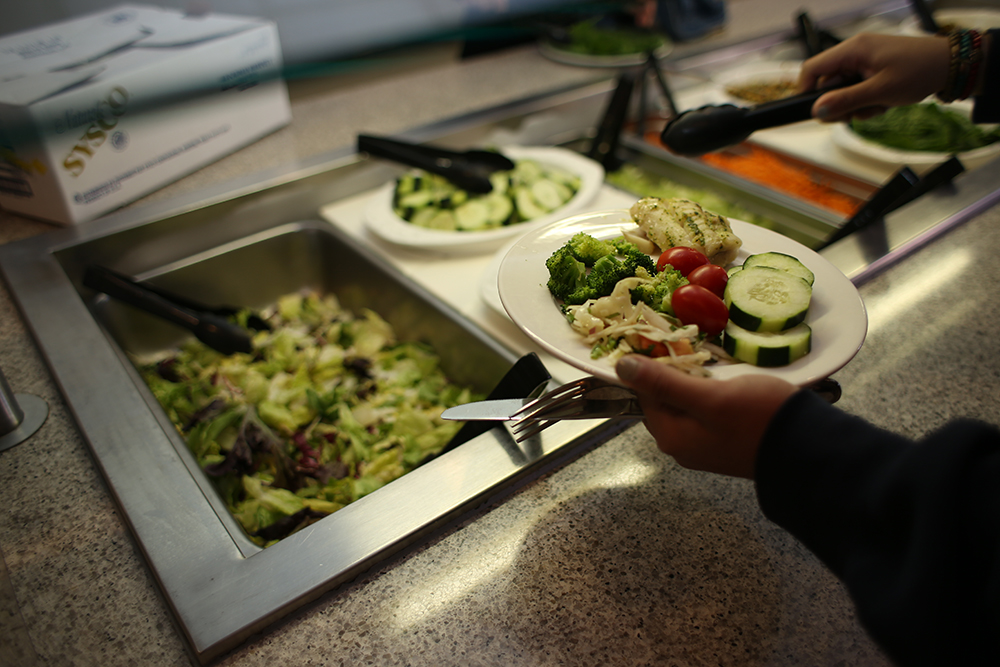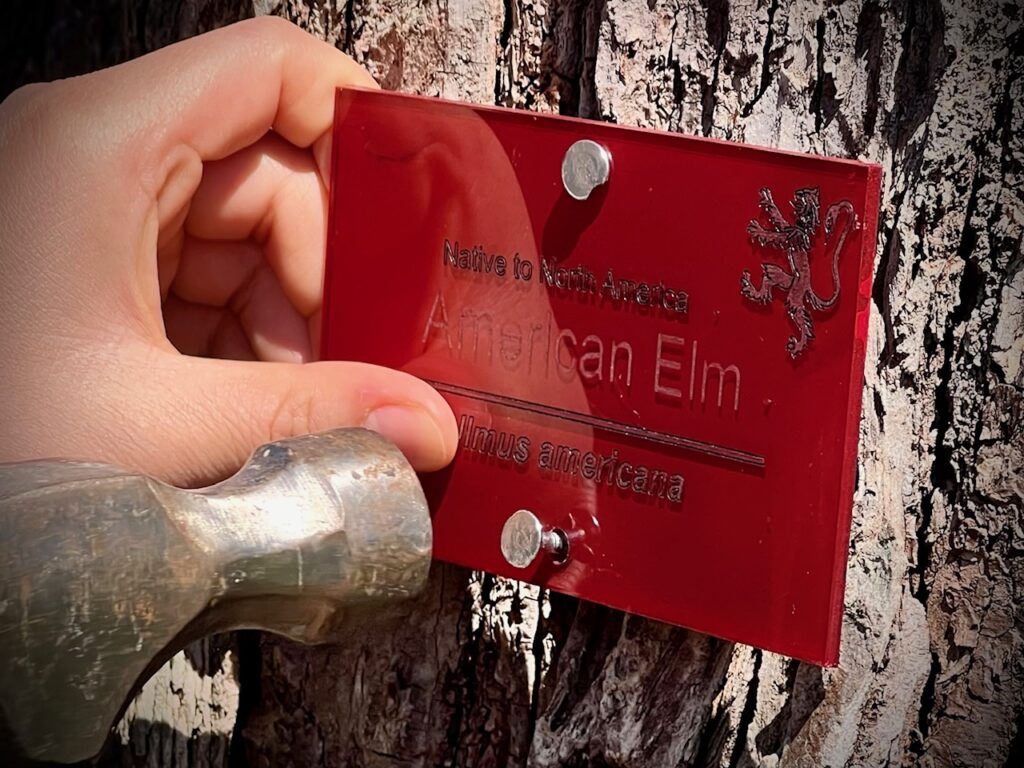Careful consideration of the environment influences nearly all aspects of school life. A U.S. Department of Education Green Ribbon School, Exeter has increasingly utilized green building practices, and now all major projects follow a nationally recognized protocol for sustainable construction. This commitment carries through to the food vendors we choose to supply our dining halls and how we manage the hundreds acres of forestland owned by the Academy.
